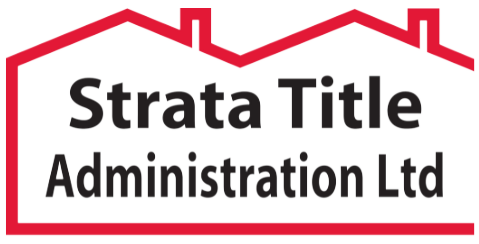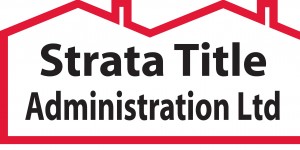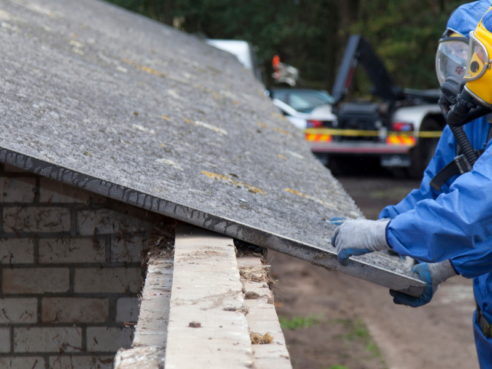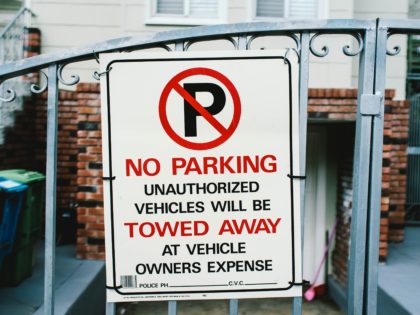What to Do After Severe Weather
0 CommentsStay Safe:
- Only return to properties or evacuated areas when it’s safe.
- Check buildings for structural damage and ensure gas, water, and electricity are functioning.
- Ensure appliances are in working order.
- Avoid starting flooded cars or using electronic equipment until inspected by a professional.
Preserve Property:
- Take steps to protect and store property for inspection before disposal.
- Document all damage with photos or videos, especially tide levels and water type (sewage or grey water).
- Email yourself a note of what happened and list damaged items.
Proof and Clean-Up:
- If disposing of stock or furniture, document the damage with notes and photos.
- Watch for mould, which can be harmful to health in hot and humid conditions.
- Keep records of expenses.
Be Patient:
- Loss adjusters may be delayed, so don’t worry about immediate responses.
If you want to find more advice from experts, check out National Emergency Management Agency’s website.
Getting Yourself Claim Ready
Know the Process:
- Understand the claims process and your responsibilities. If unsure, ask your broker or insurer for clarification.
- Check critical policy conditions, such as notification and claim presentation dates. Review your policy documents via Strata Connect or contact your insurer or broker if your paperwork is inaccessible.
Prove Your Claim:
- You must document and provide evidence for your claim.
- Ensure all documentation is accurate and detailed.
Communicate:
- Keep insurers and their experts informed of your progress.
- Claims may take time due to high volumes and access issues in affected areas.
Working with Your Broker and Loss Adjuster
Broker:
- Your broker can guide you through the claims process and connect you with an Independent Claims Consultant.
Loss Adjuster:
Loss adjusters are experts appointed by insurers to assess and manage claims. They help quantify the extent of the loss and ensure the claim is handled efficiently.
- Get agreement from the loss adjuster on significant costs and decisions.
- Communicate any issues with suppliers, schedules, or work, promptly to the loss adjuster and include them in problem-solving.
Tips to Maximise Your Claims Outcome
- Document Continuously: Organise and collect information systematically as it becomes available to avoid missing crucial details later.
- Photograph Damage: Capture detailed reports, drawings, and photos to clearly establish the nature and extent of loss and damage. Use videos or photos to document damaged property, plant, and equipment.
- Conduct Detailed Stock Takes: Reconcile and document all damaged assets through thorough stock takes or equipment assessments.
- Handle Damaged Property Carefully: Do not remove damaged property, plants, and equipment without the loss adjuster’s assessment unless necessary for safety or to prevent further damage. Store items temporarily if removal is required.
- Prepare Loss Estimates: Document best and worst-case loss and cost estimates early to assist your insurer. Consider long-term impacts when estimating.
- Provide Written Advice and Quotes: Ensure all advice and quotations are in writing. Retain damaged assets for assessment and obtain repair or reinstatement quotations promptly.
- Document Conversations: Record conclusions and action points from meetings to avoid misunderstandings. Document all discussions thoroughly.
- Support Costs with Documentation: Justify all costs with appropriate documentation such as purchase orders, invoices, and service contracts. Document business continuity decisions with emails or meeting minutes.
- Track Claim-related Time: Record all time spent by company employees on claim activities, including details of work carried out. This includes overtime and work by temporary or casual staff.
- Use Online Claim Processes: Utilise insurers’ online claim processes whenever possible for efficiency. Handwritten forms may cause processing delays amidst high claim volumes.
Implementing these tips can help streamline your claim process and maximise your outcome effectively. If you have any questions or want to reach out to one of our body corporate experts email us at bc@stratatitle.co.nz or call us on 09 307 3721.










